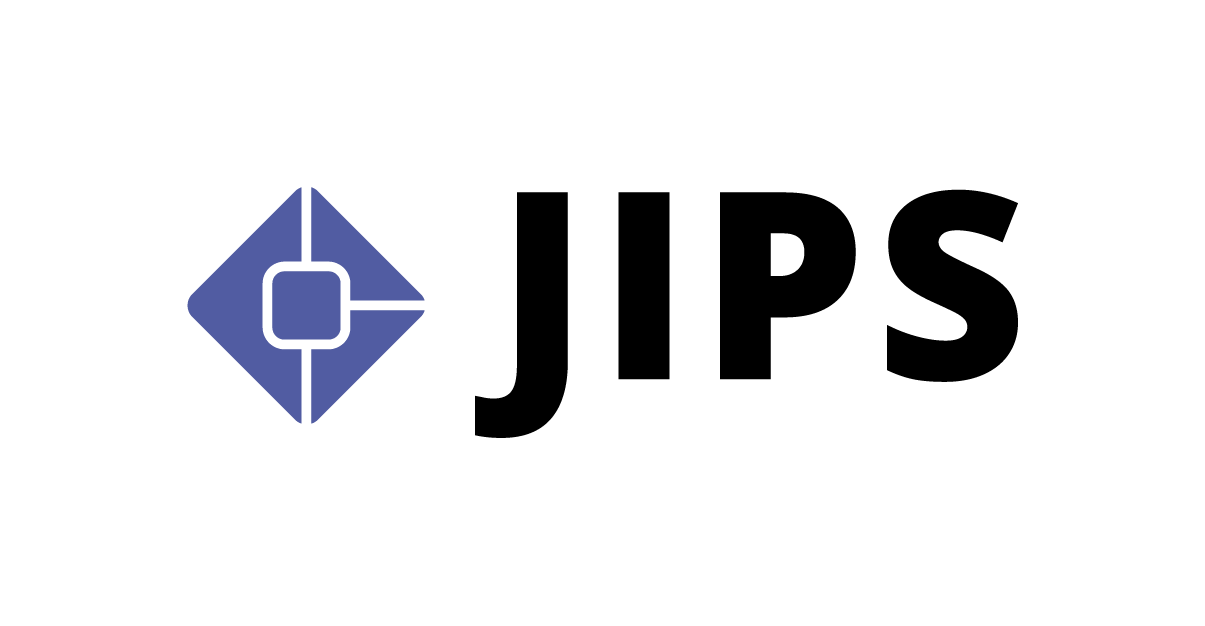IDPs who have achieved a durable solution generally enjoy, without discrimination, an adequate standard of living, which includes at a minimum: shelter, health care, food, water, sanitation and education. Adequacy means that these goods and services are available in sufficient quality and quantity, accessible, acceptable (i.e. sensitive to gender and age, culturally appropriate) and adaptable (i.e. provided in ways that adapt to IDPs’ changing needs).
The library primarily focuses on indicators of equal access to these services by IDPs and the non-displaced population in order to identify potential displacement-related vulnerabilities or discrimination. Where differences in access between populations are observed, it is important to explore whether these result from discrimination against the displaced population.
To complement the population data, macro-level analysis on the remaining aspects of adequacy (availability in sufficient quality and quantity, acceptability and adaptability) should be undertaken. Important to durable solutions analysis is also to understand who provides the services currently available (e.g. a humanitarian organisation or a competent authority) in order to assess the extent to which they are sustainably available.

